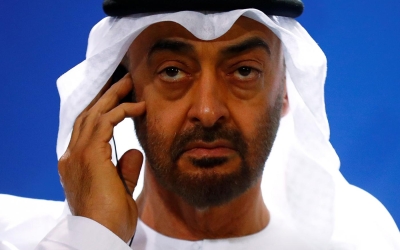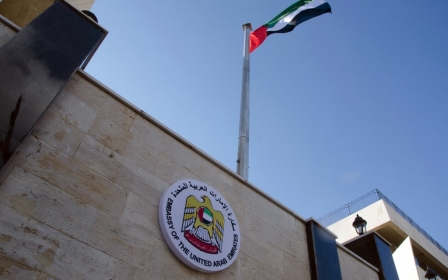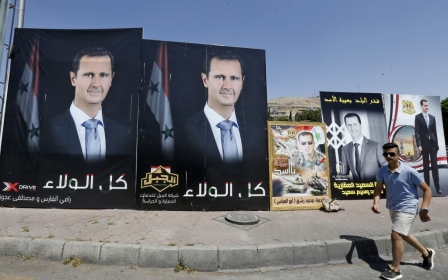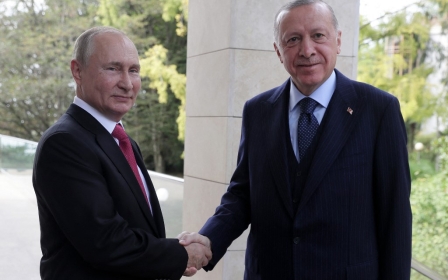Syria: UAE doubles down on restoring economic ties with Assad during Expo 2020
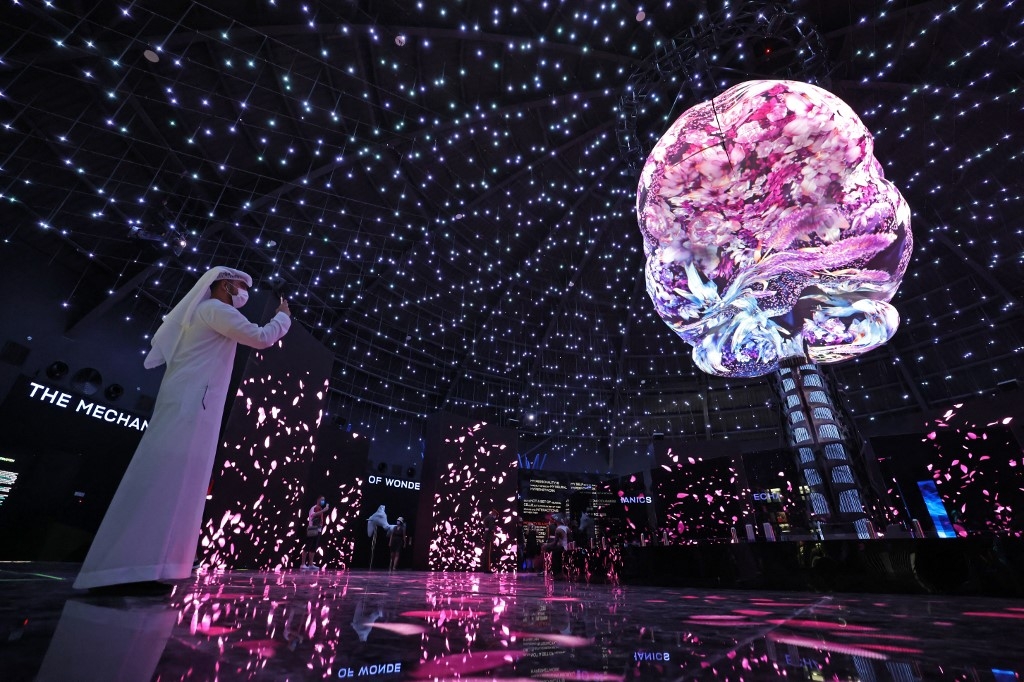
Syria and the United Arab Emirates held talks on the sidelines of the Dubai Expo 2020 to restore economic relations after severing ties following the outbreak of the Syrian civil war.
On Monday, Syria's Economy and Foreign Trade Minister Mohammad Samer al-Khalil and his Emirati counterpart Abdullah bin Touq al-Marri expressed a mutual commitment to relaunching the Syrian-UAE council of businessmen and discussed ways to encourage trade between the two countries.
The normalisation of relations comes as US sanctions on Damascus continue to be in place. Known as the Caesar Act, the sanctions target companies, individuals and institutions - both Syrian and foreign - which do business with Syrian President Bashar al-Assad.
A number of countries have slowly started restoring ties with Assad, who is accused of perpetrating war crimes during Syria's decade-old civil war.
Jordan's King Abdullah on Sunday received a phone call from Assad after Amman fully reopened a border crossing last week with Syria to boose investment and trade.
Last month, the United States reiterated its intention to not "normalise or upgrade" diplomatic relations with Assad's government.
In December 2018, the United Arab Emirates was one of the first Arab countries to restore ties with Syria by reopening its embassy in Damascus, six years after closing down its operations.
UAE's Foreign Minister Anwar Gargash said at the time that Abu Dhabi restored relations "after a careful reading of developments" in Syria and the need to reactivate the "Arab role" inside the country.
A day later, Bahrain also reopened its embassy in Damascus in order to, according to its foreign ministry, “strengthen the Arab role and activate it in order to preserve the independence, sovereignty and territorial and integrity of Syria and prevent the risk of regional interference in its affairs”.
Before Syria's civil war, the UAE was Syria's second-largest Arab investor, with investments estimated at approximately $20m.
Middle East Eye propose une couverture et une analyse indépendantes et incomparables du Moyen-Orient, de l’Afrique du Nord et d’autres régions du monde. Pour en savoir plus sur la reprise de ce contenu et les frais qui s’appliquent, veuillez remplir ce formulaire [en anglais]. Pour en savoir plus sur MEE, cliquez ici [en anglais].


